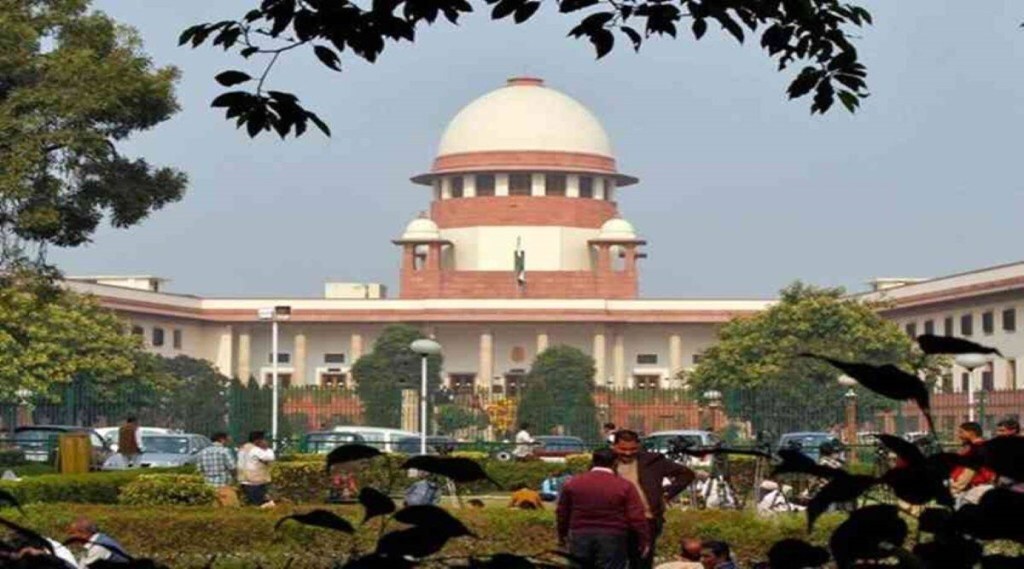Setting aside the National Green Tribunal’s order directing closure of industries in Haryana, the Supreme Court on Friday held that a manufacturing unit — set up after requisite approvals and contributing to the economy by providing livelihood to hundreds of people — cannot be closed down for a technical irregularity of want of prior environmental clearance (EC).
Stating that the NGT erred in law by taking a rigid view without regard to the consequences of the same, a Bench led by Justice Indira Banerjee said that “where the adverse consequences of denial of ex post facto approval outweigh the consequences of regularisation of operations, and the establishment concerned otherwise conforms to the requisite pollution norms, it should be given in accordance with law, in strict conformity with the applicable Rules, Regulations and/or Notifications”.
It observed that the interest of citizens who depend on employment in the industries cannot be ignored.
However, the apex court said that it is imperative that pollution laws be strictly enforced to protect future generations and to ensure sustainable development.
“Under no circumstances can industries, which pollute, be allowed to operate unchecked and degrade the environment.
“The deviant industry may be penalised by an imposition of heavy penalty on the principle of ‘polluter pays’ and the cost of restoration of environment may be recovered from it,” the SC said.
The top court said that ex post facto clearances and approvals and removal of technical irregularities in terms of a notification under the Environment (Protection) Act, 1986, cannot be declined with pedantic rigidity, oblivious of the consequences of stopping the operation of mines, running factories and plants.
In the case, M/s Pahwa Plastics vs Dastak NGO and Ors, the SC set aside the NGT’s June 3 last year’s order for closure of manufacturing units of the company for not having prior EC, though it had applied for it ex post facto and the Union government had found it eligible.
The only thing against the units, which employed 8,000 workers, was the procedural lapse of not obtaining the environmental clearance, it noted, adding that the 1986 law does not prohibit ex post facto EC.
“This court is of the view that the NGT erred in law in directing that the units cannot be allowed to function till compliance of the statutory mandate,” the top court said.
“Some relaxations and even grant of ex post facto EC in accordance with law, in strict compliance with Rules, Regulations, Notifications and/or applicable orders, in appropriate cases, where the projects are in compliance with environment norms, is not impermissible,” the judges said, while directing the Union government to take a final decision on Pahwa Plastics’ application within three weeks.

